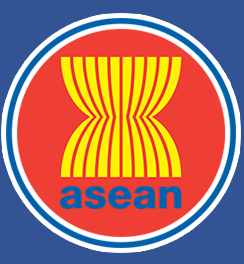ASEAN Journal on Science and Technology for Development
Abstract
The fashion industry is facing significant textile waste, with millions of textiles ending up in landfills annually. Overconsumption of textiles and clothes due to fast fashion trends has negative environmental impacts. Transitioning to a circular economy is crucial for minimizing environmental impact and addressing the Sustainable Development Goals (SDGs) in the United Nations' 2030 Agenda. This study investigates the adoption of Circular Economy practices and SDGs awareness in second-hand clothing. Using IBM SPSS Statistics Software and Ordinary Least Squares (OLS) regression, the study models consumer behaviors, and attitudes by investigating the influence of four key components from Schwartz's theory of basic values: Self-Transcendence, Conservation, Self-Enhancement, and Openness to Change, which serve as the foundation for the three distinct models. The findings show that the underlines the impact the impact of consumer values in affecting behaviors and attitudes towards second-hand clothing.
Keywords
Fashion industry, Circular Economy, Sustainable Development Goals (SDGs), Second-hand clothing (SHC), Schwartz’s theory, Ordinary Least Square (OLS)
Publication Date
2024
Received Date
23-Oct-2023
Revised Date
2-Jan-2024
Accepted Date
28-Feb-2024
Recommended Citation
Noor, Izzah Mohd and Anjum, Shahid
(2024)
"SDGs and Circularity in Fashion Industry: Bruneian Perspective based on Basic Values,"
ASEAN Journal on Science and Technology for Development: Vol. 41:
No.
1, Article 6.
DOI: https://doi.org/10.61931/2224-9028.1579
Available at:
https://ajstd.ubd.edu.bn/journal/vol41/iss1/6

